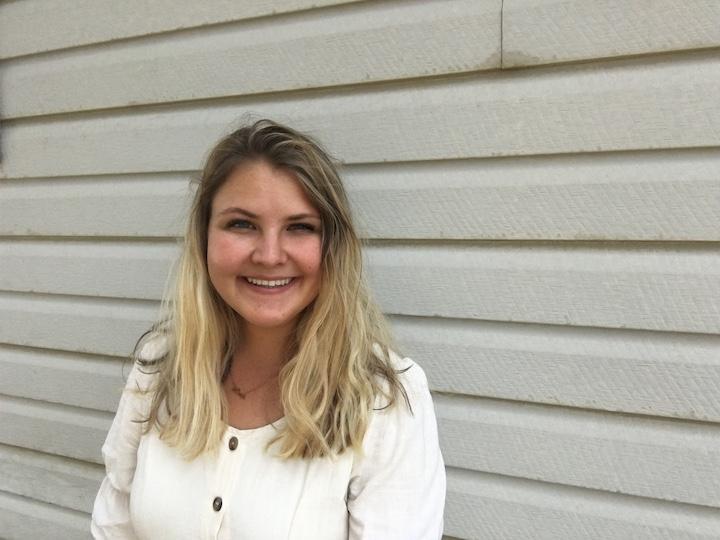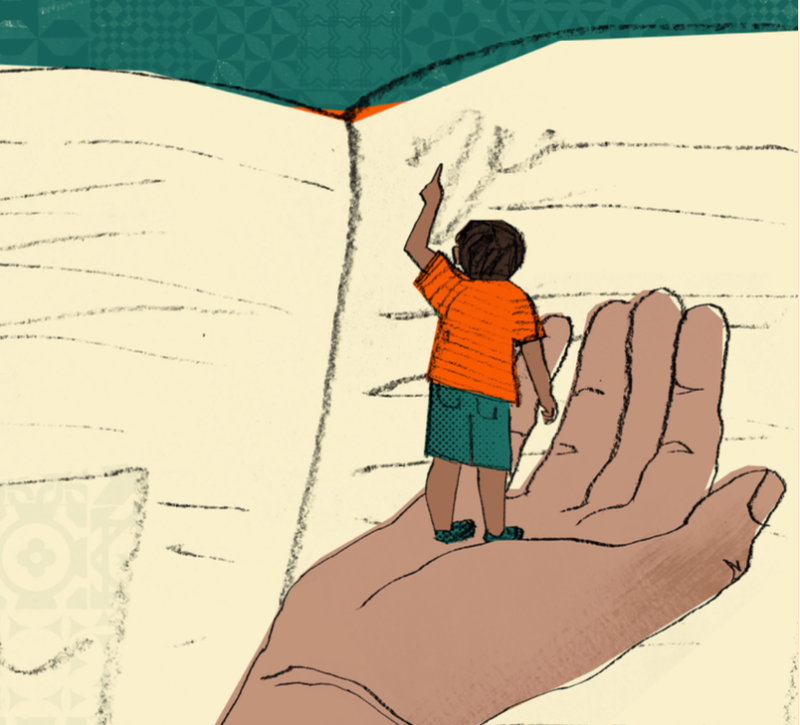This past fall marked the first Mary Lou Fulton “Celebrating Character” essay contest. The contest offers major cash prizes to graduate and undergraduate students who share perspectives illustrating David O. McKay’s “Three C’s”: character, conduct, and citizenship. Here is the first-place essay in the undergraduate category, which has been edited for space in the Spring 2023 issue of McKay magazine. In this essay, elementary education major Millie Boyle shares what she learned during a year working at a small-town elementary school.
David O. McKay said, “It is well . . . for educators everywhere when teaching the young to have in mind . . . character, conduct, [and] citizenship.”1 I walk past this quote each time I walk into the McKay School.

I occasionally glance at it, but it wasn’t until I had a teaching experience of my own that I realized what it means to remember the three Cs.
I took a year off to live with my grandmother and work at a small-town elementary school. I loved applying what I had been learning about becoming a teacher. The educators at my school would ask if anything had changed from when they went to college. I realized I represented Brigham Young University and, more specifically, the McKay School and its professors. My conduct reflected more than myself. I wanted to be diligent, honorable, enthusiastic, and charitable.
I learned about the importance of good citizenship. Becoming part of this new community was a conscious effort. I noticed how teachers and students would light up when I asked about their families and what the community meant to them. That’s what it means to be a good citizen—to take part in your community and build up those around you.

Character was the most impactful value I learned. As a reading tutor for elementary students, I realized that more important than becoming a good reader was for these students to become confident people.
I had every student set a personal goal. One student spoke Spanish at home but had never learned how to read in Spanish. Her goal was to read a picture book in Spanish. One student focused on reading with inflection, while another just wanted to find a book she enjoyed. Having students set their own goals put them in charge of their learning in a way that was intrinsically motivating.
As I move forward in my education and eventually graduate from BYU, I hope I can teach character and citizenship while maintaining Christlike conduct through loving my students, listening to them, learning with them, truly knowing them, and advocating for them. That is what David O. McKay taught. That is what teaching in the Savior’s way truly means.
Notes
1. David O. McKay, Conference Report, April 1932, 64.